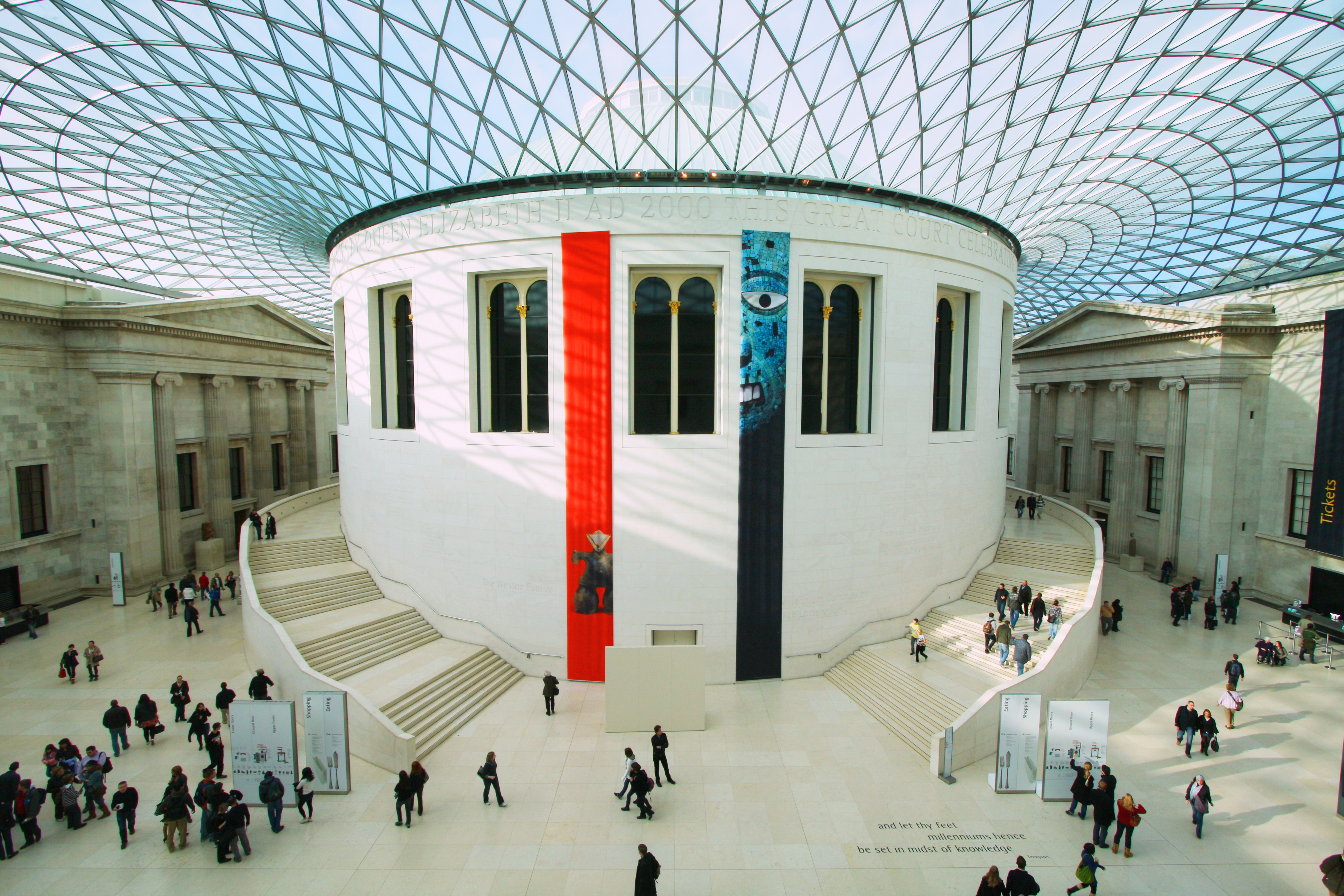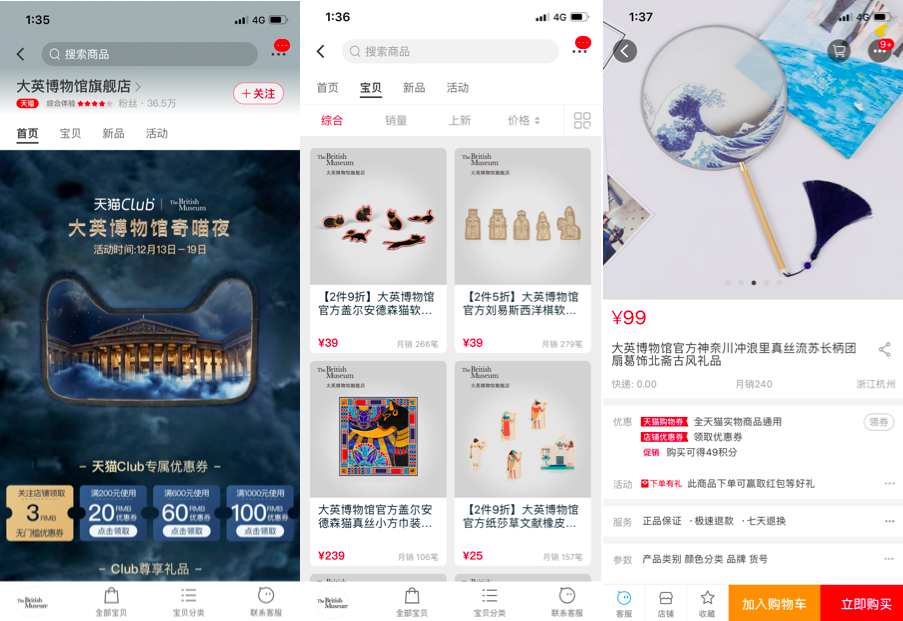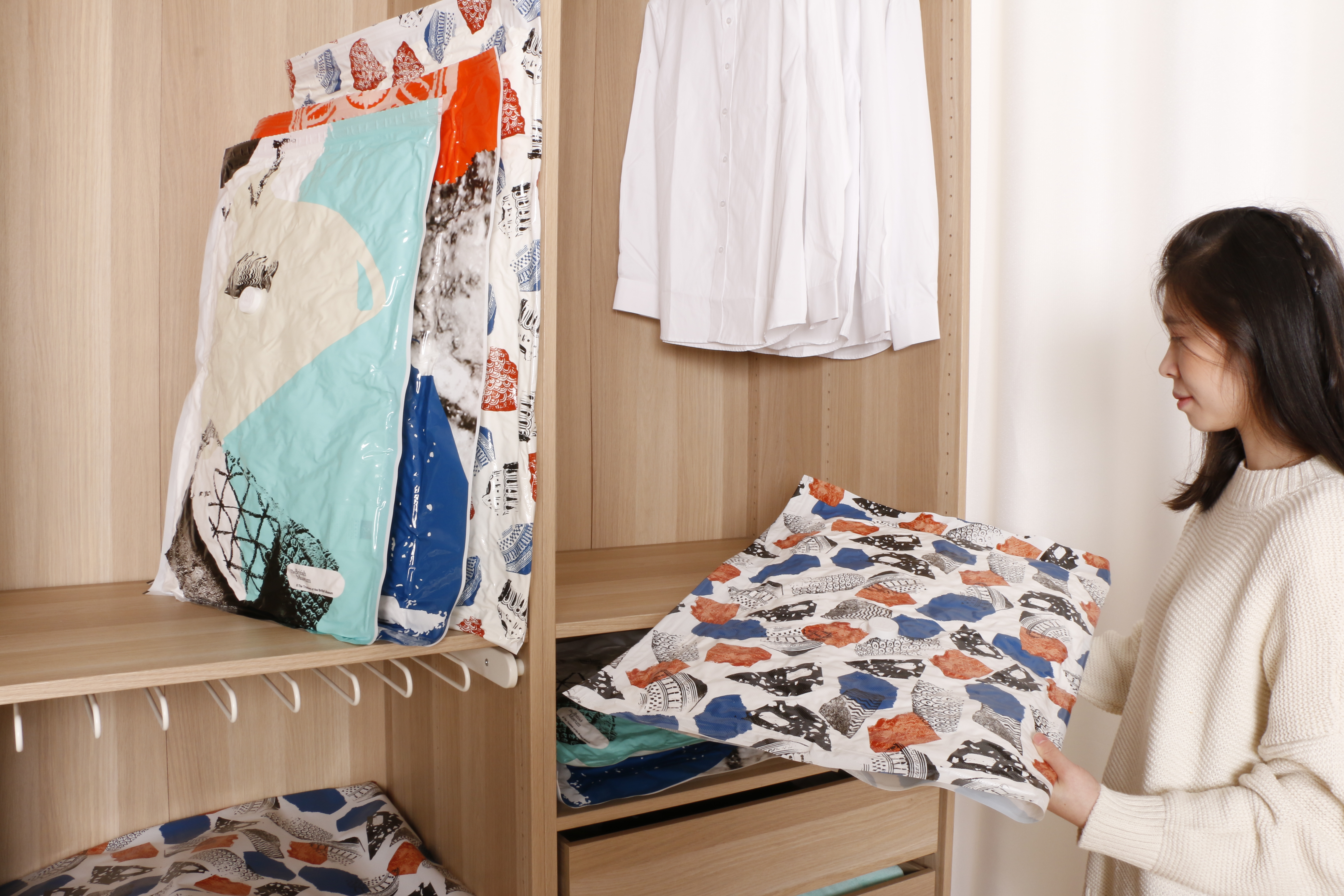
London’s British Museum, the most-visited cultural attraction in the U.K., has inked an agreement with Tmall, Alibaba Group’s B2C online marketplace, to expand their partnership beyond sales to include marketing, localized content and product licensing.
The deal would bring the British Museum’s intellectual property, such as the Rosetta Stone, to brands and retailers on Tmall to use in designing products. Tmall will leverage insights drawn from its more than 600 million shoppers to make recommendations to the British Museum about what trending product categories or brands it should target.
The partnership will help to add to the British Museum’s expanding base of brand partners, which include smartphone maker Xiaomi and ebook brand Kindle. The museum’s Chinese licensing agent, Alfilo Brands, forecasted that total retail sales of the museum’s licensed products will reach RMB 350 million ($51 million) this year.
WATCH: British Museum and Tmall Club give Tmall shoppers an exclusive after-hours tour, in Tmall’s newest experiential program for consumers, “Miaowgic Night in the Museum.”
“An important part of the museum’s mission is developing new ways to share the British Museum with the rest of the world,” said Commercial Director Roderick Buchanan in a release on Friday. “So we’re delighted to be extending our work with Alfilo Brands and Tmall to bring the wonders of the Museum to people across China through new product ranges and retail experiences.”
Museum merchandise has been seeing strong sales momentum in China, in part thanks to the market’s ever-growing number of museum visitors. According to figures from Alibaba, the total number of users who searched for “museum” on Alibaba’s e-commerce sites Tmall and Taobao between January and October this year was 2.15 times that of the same period in 2016. Of those who searched the keyword, close to 90% also browsed museum-related products. The museums on the platform — including leading facilities such as the British Museum, Beijing’s Summer Palace, the Palace Museum (also known as the Forbidden City), the National Museum of China — have a total of nearly 3 million followers combined.

In 2016, the British Museum entered a partnership with Alibaba’s online licensing platform, Alifish, to help it develop a product portfolio that’s tailored to the China market. Two years later, it launched a flagship store on Tmall, making it the first international museum to do so. Its first batch of products sold out within 16 days, becoming so popular that it had to replenish stock shortages more than 30 times in two months, Tmall said. Today, the store has close to 360,000 followers.
With over a million brands on Tmall and a vast ecosystem of other e-commerce and media properties offered by Alibaba, there are a large amount of commercial opportunities for museum intellectual property, said Tmall Marketing and Operations President Liu Bo. Those opportunities range across product categories from home furnishing and beauty to food and electronic appliances.

Tmall also offers access to young Chinese consumers interested in cultural and creative products, Liu said. These consumers are not only keen on the products, but care more about “the cultural, conceptual ideas behind the products,” he said. “Young consumers’ evolving preferences for cultural consumption are a testament to how commerce is increasingly connected with the consumption of ideas.”
As part of their marketing collaboration, the museum offered 10 Tmall shoppers an exclusive after-hours tour on Wednesday. Before arriving at the museum, they toured London on a British Museum-themed double decker bus as part of a program designed by Tmall Club, the platform’s experiential marketing unit. Tmall said it would continue to offer these consumer experiences, both online and off, including livestreamed tours of museums and historical sites as well as “open classes” hosted by Key Opinion Leaders on world history and cultural heritage.




